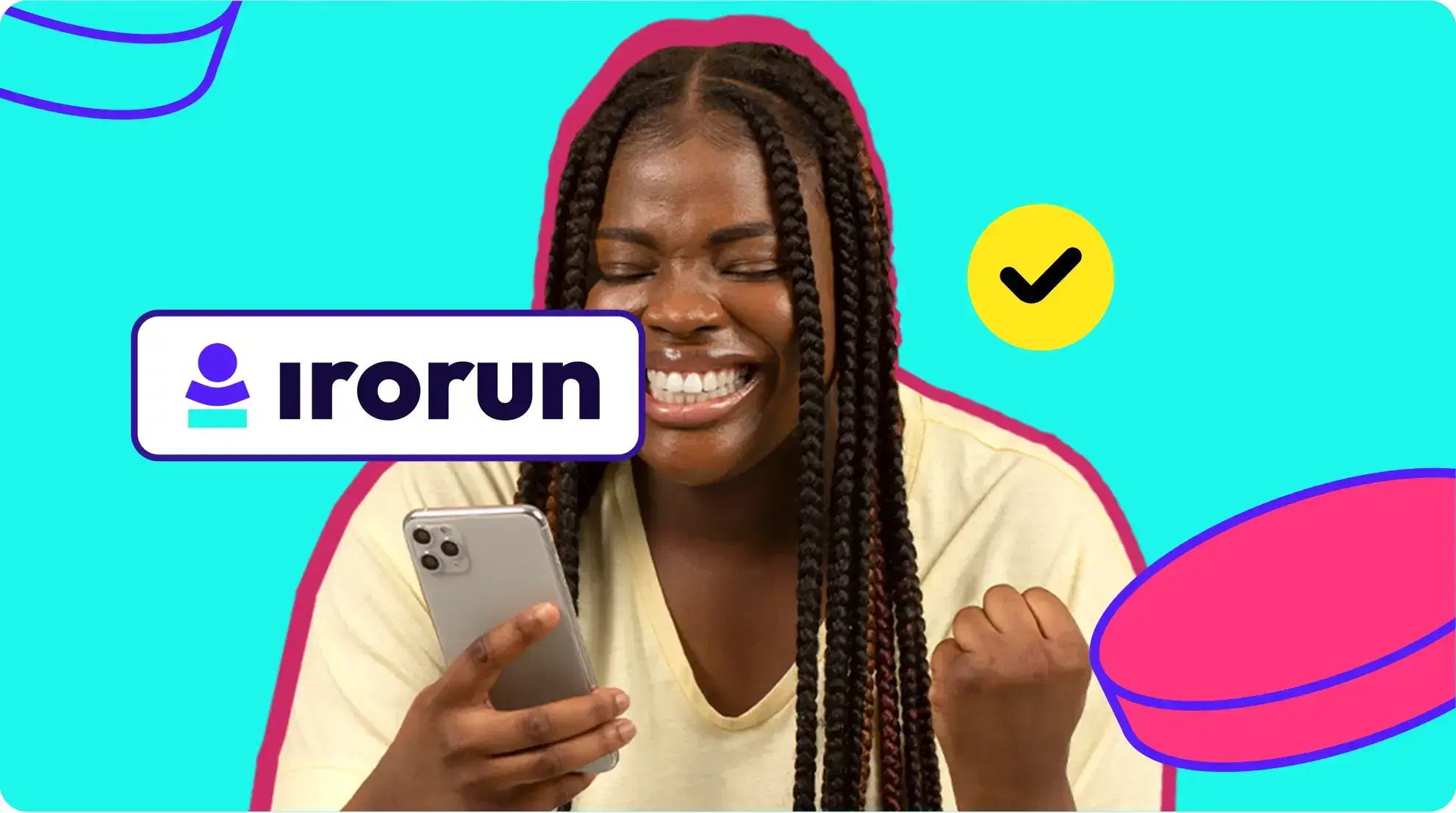General
What is found in a typical loan terms and conditions

Have you signed? No?
Pheww! Glad you haven’t…
Before you say “yes!” to that loan, you must read, re-read and understand the terms and conditions applied.
And to make the process a lot less boring for you, we’ve written out 10 of the most necessary things you’d find in a typical loan terms and conditions AKA T&C.
Check them out!
Principal and interest
When you take out a loan, your repayments are broken up into two parts — principal and interest. The principal is the original amount you borrow, while interest is the cost of borrowing the money.
Both are clearly stated on your loan terms and condition, and may just be the most important aspect. This is because whatever principal and interest rate are written on your loan terms and conditions, that’s what will be accepted during the loan transactions. Read the fine print to avoid stories of “I didn’t know”.
Repayment terms
The loan terms and conditions also contain your repayment terms which are how long the loan is going to last and the repayment schedule.
This helps you get an idea of how you can make a budget that contains debt settlement. It also states how long you can go without paying your loan before you fall into default.
Processing fee
The processing fee for a loan is a fixed non-refundable fee associated with the loan that helps the lender cover costs and the risk of approving the loan, as well as any fraudulent transactions that may occur.
This helps give you an idea of why you may not get the complete loan amount (for instance you getting credited with #49,000 instead of #50,000 when you apply for that amount). All these extra fees are always stated in a typical loan T&C.
Loan purpose
When you are asked about the purpose of your loan, you believe the lender is asking because they want to know if that amount is worth it.
While this is true, the lender also takes a record of the purpose of the loan and builds restrictions based on the purpose given for the loan (this entails how you can and cannot spend your loan). Although this varies from lender to lender and also depends on what kind of loan you apply for.
Collateral
The collateral chosen for the loan is placed in the terms and conditions for the benefit of both parties.
After the loan transaction is finalized, at no instance can the lender claim something else as collateral. But if the borrower is unaware of the full details of the collateral, he/she can fall prey to an unethical lender who may take advantage of his/her naivety. Read your terms and conditions o!
Income stability status
Your creditworthiness and proof of your employment status or stable source of income are also included in your terms and conditions.
This is to show that the borrower was proven creditworthy of the loan that they applied for and that they could afford to live suitably even in the event of loan repayment.
Third parties
This is any co-signer or guarantor to the loan. It shows proof that another individual served as a witness for the loan or that they’ve been tasked with the repayment of a loan in case the original borrower defaults and that they did so willingly and not under duress.
Lender’s right in case of default
This includes all that the lender can legally do if the borrower defaults on the loan or makes late payments.
These rights most times include the collateral being seized by the lender, the lender’s right to sue the borrower, the lender’s right to issue penalty charges for any late payments made etc.
Loan term renegotiation
This has to do with any provisions made for modifying the loan terms in the event that the borrower can’t meet up with loan repayments or could not afford loan repayments for any specific reason.
This will state if the lender is open to renegotiation and under what terms this renegotiation will occur.
Legal justice
This is the governing law and jurisdiction for any dispute related to the loan. It states if a defaulter will be taken to the supreme court of law or any minor court of law to settle any dispute related to the loan, or if the defaulter will be charged with a fine.
Blacklist (Bonus)
This states the governing bodies responsible for blacklisting loan defaulters, it gives you an idea of who you will be reported to when you default on a loan (it’ll also help you know who to go to when you get blacklisted). An example of these governing bodies is the credit bureau, check out who they are and what they do.
…
For further questions or clarifications, send us a message at support@irorun.com, and we’ll be more than happy to guide you in taking your first loan!
Download now
Get instant loans with ease on your smartphone.
